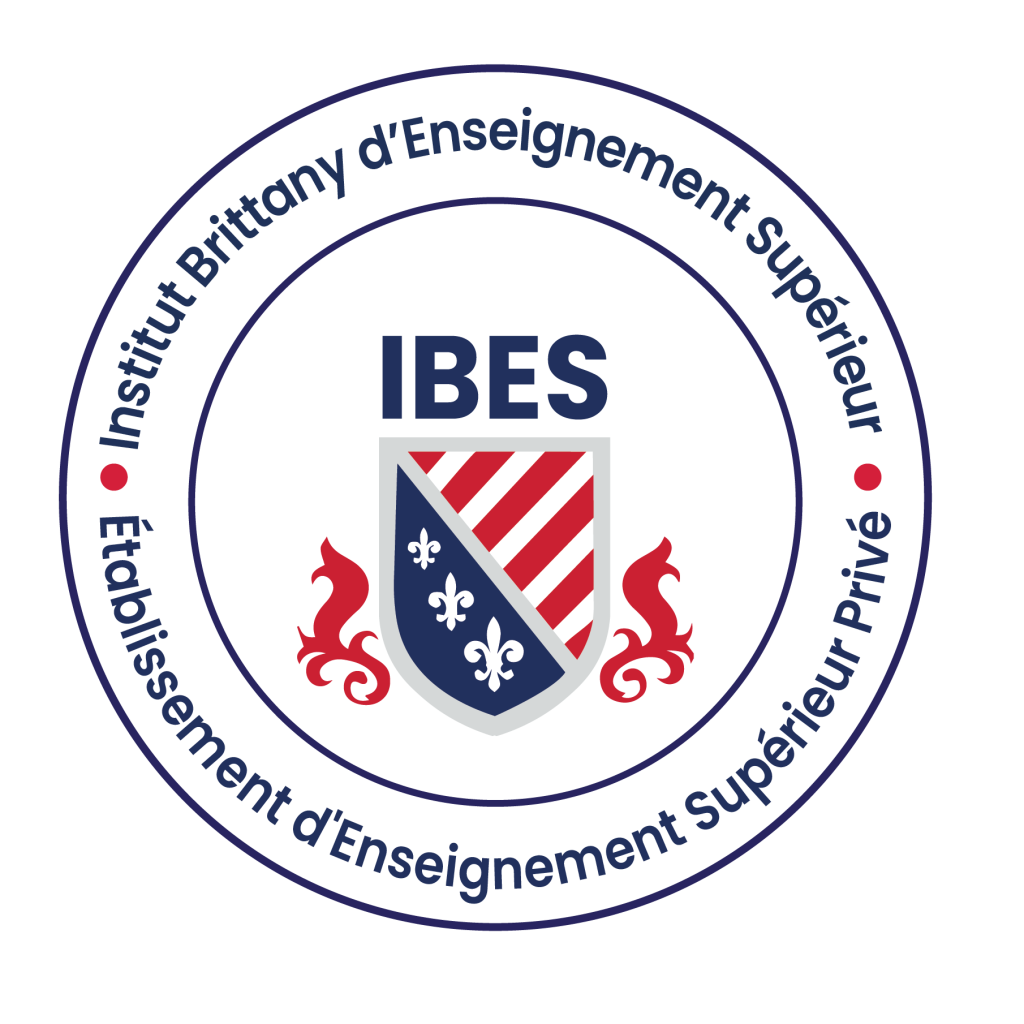Why an MBA Still Matters in 2025
Unlocking Leadership, Innovation, and Global Opportunities
For decades, the MBA has been the gold standard for business education. It has shaped CEOs, entrepreneurs, and change-makers around the globe. Yet, in a world of rapid technological change, micro-credentials, and AI-driven learning, a question keeps surfacing: Is the MBA still relevant?
The short answer: absolutely yes. But its importance has evolved. Let's dive into why an MBA in 2025 is more than just a degree, it's a launchpad for leadership, innovation, and global impact.
The Changing Business Landscape

The 2025 workplace is powered by AI, data, and global collaboration
The workplace in 2025 looks very different from what it was a decade ago. Businesses are powered by AI, driven by data, and shaped by global collaboration. At the same time, challenges like sustainability, digital disruption, and cultural diversity are front and center.
In this environment, companies need leaders who don't just "know the business", they need leaders who can think critically, adapt quickly, and make decisions in uncertain conditions. An MBA equips professionals with exactly these skills, blending technical knowledge with strategic vision.
Why an MBA Is More Relevant Than Ever
Leadership That Goes Beyond Titles
An MBA isn't just about learning how to run spreadsheets or read balance sheets. It's about learning how to inspire, manage teams, and create cultures of innovation. In 2025, leadership requires empathy, cross-cultural awareness, and resilience—qualities that are deeply embedded in modern MBA curricula.
Innovation in a Data-Driven World
Businesses today are swimming in data, but turning data into decisions is an art. Many MBA programs integrate modules on data analytics, digital transformation, and AI, making graduates not only strong managers but also innovators who can bridge the gap between technology and business strategy.
Global Opportunities and Networks
Perhaps one of the MBA's greatest advantages is access to a powerful global network. Whether you study online or on campus, you're joining a community of peers, mentors, and alumni across industries and continents. These connections often prove more valuable than any textbook.
Versatility Across Careers
Unlike niche programs, the MBA provides a holistic skillset. It's valuable whether you aspire to be a corporate executive, an entrepreneur, or a consultant. This flexibility makes it especially appealing in 2025, where career changes and portfolio careers are becoming the norm.
Addressing the Critics: Isn't an MBA Replaceable?
Some argue that micro-credentials or online short courses can substitute for an MBA. While these are excellent tools for sharpening specific skills, they don't replace the comprehensive and immersive experience of an MBA.
An MBA combines:
- Strategic breadth (finance, marketing, operations, leadership)
- Practical application (case studies, simulations, capstone projects)
- Peer learning from diverse industries and backgrounds
It's the difference between learning one instrument and conducting an entire orchestra.
Who Should Consider an MBA in 2025?
Fresh Graduates
For those just starting their careers, an MBA can fast-track entry into managerial roles and build confidence in tackling complex problems.
Mid-Career Professionals
If you've hit a plateau or want to switch industries, an MBA provides both the credibility and skills to pivot into new roles.
Aspiring Entrepreneurs
Starting a business requires more than passion. An MBA equips entrepreneurs with the toolkit to transform vision into sustainable ventures.
The Human Side of the MBA

MBA programs foster collaboration and personal growth
Beyond career advancement, many pursue an MBA for personal growth. It's about building resilience, gaining confidence in decision-making, and understanding the human side of business. The group projects, debates, and problem-solving exercises foster collaboration and communication, skills that no AI can replace.
A Premier MBA Opportunity
The Online Dual Award MBA offered jointly by IBES, France and UCAM, Spain is designed for ambitious professionals seeking global recognition and practical business expertise. This unique programme blends academic rigor with real-world relevance, equipping learners with advanced knowledge in leadership, strategy, and innovation.
Delivered in a flexible online format, it allows students to balance career commitments while earning two prestigious qualifications simultaneously. Graduates benefit from the credibility of dual European awards, access to international networks, and the confidence to lead in today's dynamic, competitive marketplace, making it an ideal choice for future-ready business leaders.
Looking Ahead: The Future of the MBA
The MBA itself has evolved. Many programs now offer:
- Specializations in AI, sustainability, entrepreneurship, and digital marketing.
- Flexible formats: online, hybrid, or accelerated options that fit into busy schedules.
- Global exposure: partnerships with international institutions, exchange programs, and dual degrees.
This adaptability is why the MBA continues to stand strong in 2025. It has shifted from being a purely academic pursuit to a dynamic, practical experience designed for real-world impact.
Final Thoughts
So, does the MBA still matter? More than ever.
It remains one of the most powerful investments a professional can make—not just in their career, but in themselves. It builds leaders who are agile, innovative, and globally connected.
In a world where industries rise and fall at lightning speed, the MBA offers something rare: a foundation that never goes out of style.
If you're ready to step into leadership, transform your career, and unlock global opportunities, pursuing an MBA in 2025 may be the smartest decision you'll ever make.
Explore MBA Programs
